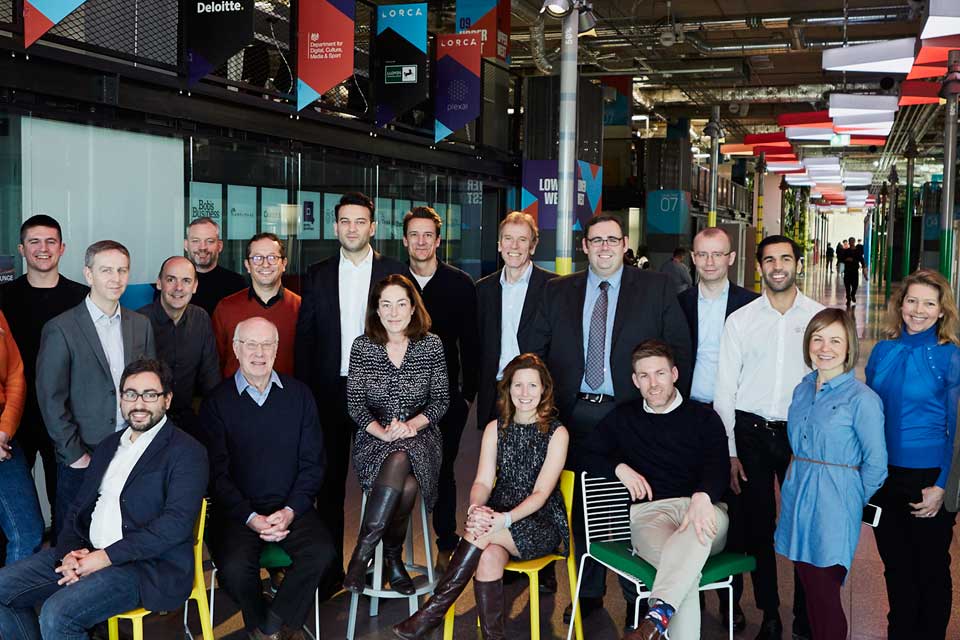Take care of all your IT security needs this July
https://cybersecureforum.co.uk/wp-content/uploads/2018/08/Meeting-2.jpg 960 640 Stuart O'Brien Stuart O'Brien https://secure.gravatar.com/avatar/81af0597d5c9bfe2231f1397b411745a?s=96&d=mm&r=gThe Security IT Summit takes place on July 2nd in London, providing cybersecurity experts with a unique opportunity to discover new solutions and learn new skills.
You are invited to attend for FREE as a VIP guest, with your ticket also including lunch and refreshments.
You’ll be matched for series of pre-arranged, 1-2-1 meetings with suppliers who match your requirements and projects, plus you’ll have the opportunity to attend insightful and educational seminar sessions.
Add your name to the guest list. You will be joining other cyber security professionals representing the likes of:
Alzheimer’s Society
Brett Group
Catalyst
Derwentside College
EPR Architects
Federation of Royal Colleges of Physicians of the UK
Glenny LLP
Heathrow Airport
Hesley Group
Pickering Interfaces
Professional Standards Authority
Marshall Motor Group
Soldiers Charity
TGI Fridays
The Salvation Army
United International Pictures
XP Power
We have just 60 places available so register for your free place here today.
Or for more information, contact Emily Gallagher on 01992 374085 / e.gallagher@forumevents.co.uk.
To attend as a solution provider, call Chris Cannon on 01992 374096 or email c.cannon@forumevents.co.uk.









